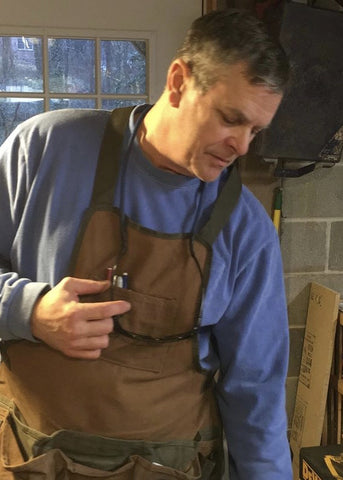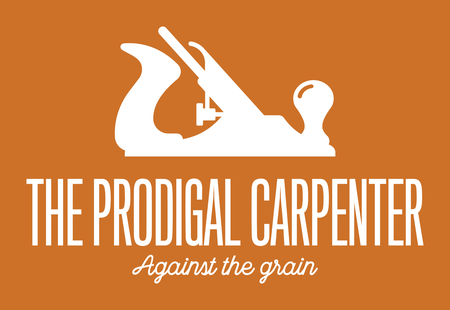Wood Safety Information
We use a variety of woods from the standard maple & cherry to black walnut ,all the way up to the “exotic” woods (meaning imported) that have the stunning colors like purple heart, padauk and bubinga. The exotic woods have been questioned mainly because these woods contain natural oils which some are allergic to. (This is generally more of an issue for the woodworker who is exposed to sawdust and raw particles in the woodworking process) Although the very remote possibility exists, it would be quite rare for food to sit on a cutting board long enough for a sufficient amount of this oil to “leach” into the food in order to cause illness.
Here’s an excerpt from one of our resources: Despite the very long list of woods below, very few woods are actually toxic in and of themselves. But what a great number of woods do have the potential to do is cause allergic reactions in sensitive individuals. This possibility of any reaction with finished wood projects is greatly diminished (not eliminated completely) with the application of a food-safe finish. See: http://www.wood-database.com/wood-articles/wood-allergies-and-toxicity/
That said, the wood we use is safe for food contact based on the following:
-
Our wood is sourced from a local, licensed, and reputable lumber supplier.
-
“Lethal” chemicals are rarely found in natural wood available on the commercial market.
-
The majority of harmful chemicals in plants and trees are found in the bark or sap.
-
All of our products are finished with either food safe mineral oil combined with beeswax or Salad Bowl Finish (SBF) which has been cured and thus “food safe.” (Our blog post dated 5/15/17 titled “End Grain Cutting Board Finishes” provides in depth details of our process). https://theprodigalcarpenter.net/blogs/sawdust-sermons-and-prodigal-ponderings/end-grain-cutting-board-finishes-1
-
We believe that natural wood products are in fact safer than many alternatives (like plastic) and stand by each of our pieces (please see our blog on 2/27/17 titled “How Safe Is Your Cutting Board”). https://theprodigalcarpenter.net/blogs/sawdust-sermons-and-prodigal-ponderings/how-safe-is-your-cutting-board
Our desire is that our customers are not only satisfied with our products but also informed so we have included several sources of wood experts below. We also welcome your questions about any specific product or materials we use here or by emailing us at theprodigalcarpenter@gmail.com.
https://www.woodworkerssource.com/shop/wtox.html
http://www.wood-database.com/wood-articles/wood-allergies-and-toxicity/
http://www.islandwoodturners.ca/documents/wooddust_toxicity.html

